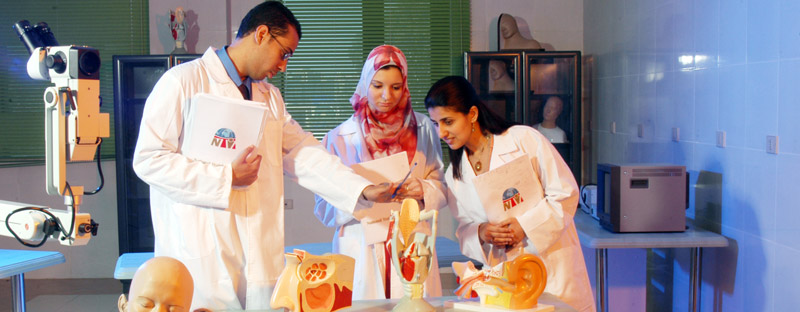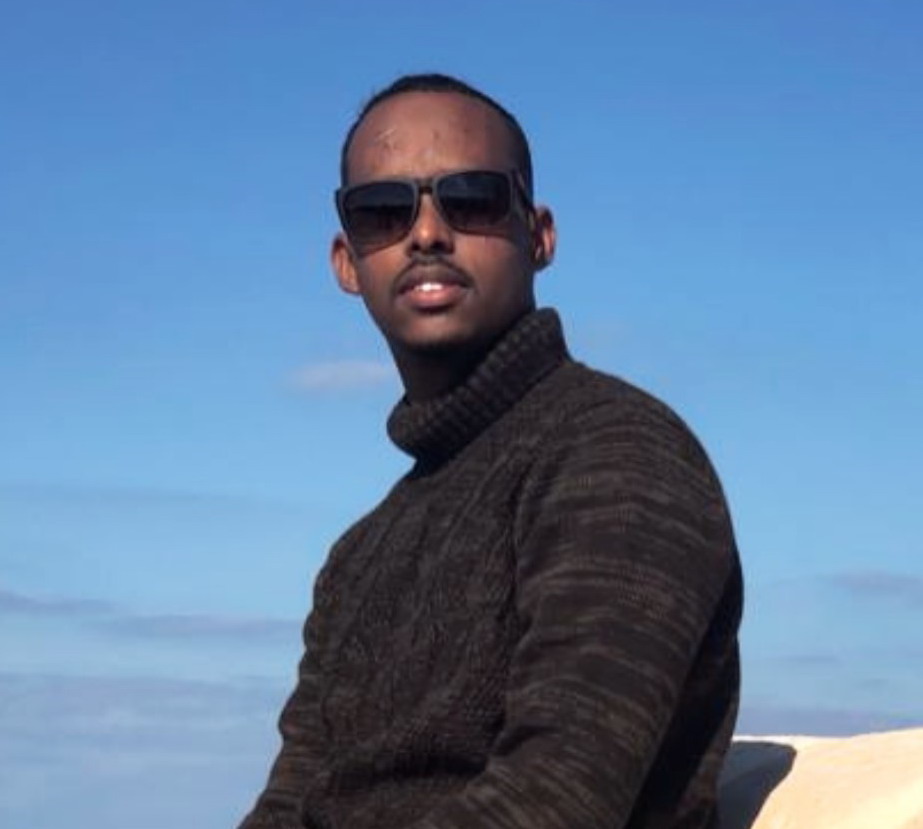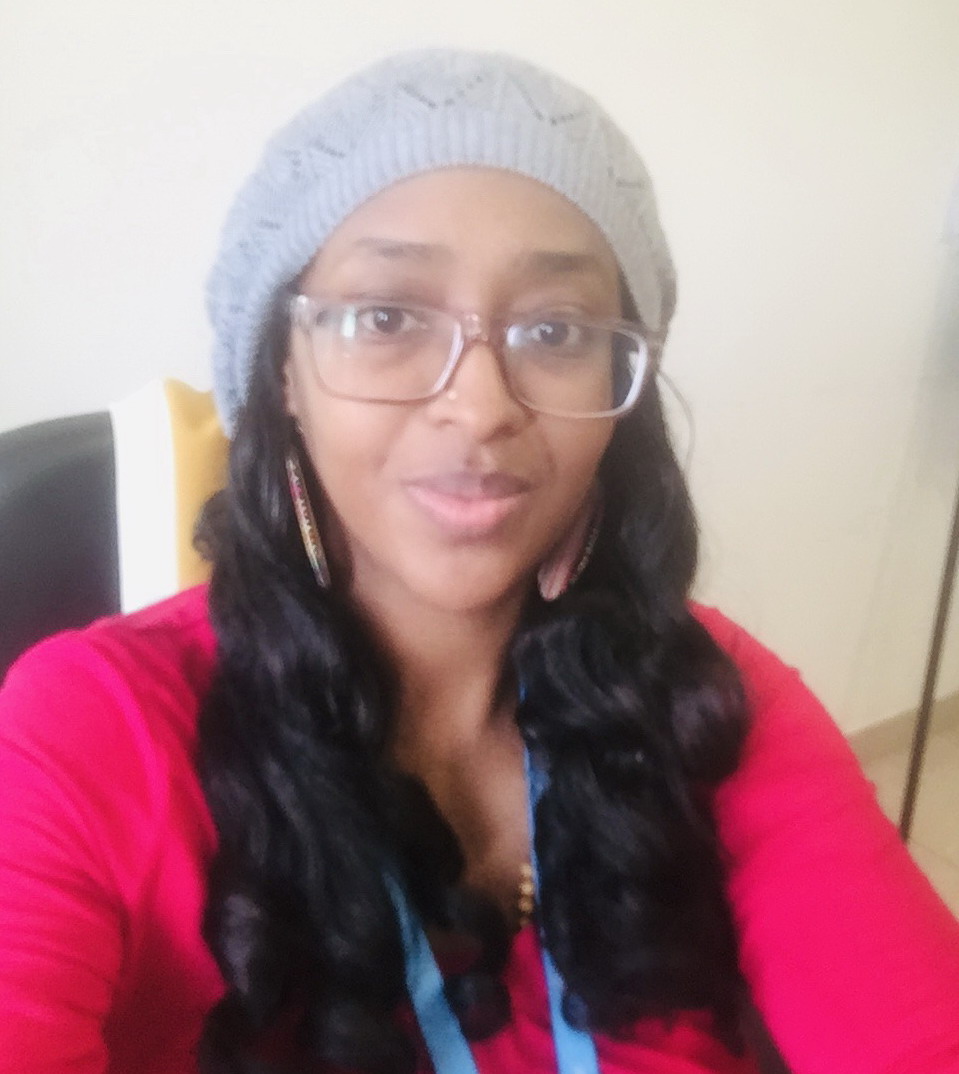Fellowships programme

The WHO Fellowship Programme provides opportunities through group or individual training for:
Training and study in health matters which may not be available in the candidate’s own country (such training will be provided abroad or through distance learning);
International exchange of scientific knowledge and transfer of technology;
Specialized training in the candidate’s own country where suitable facilities exist.
WHO fellows may be enrolled in regular or specially designed training programmes or courses.
Regular courses are organized by institutes in relevant subjects. Courses vary in length and can be awarded as degree or non-degree programmes.
Specially designed training is granted to qualified individuals and groups who fulfil certain educational criteria. It can be a structured training programme or a study visit.
Eligibility criteria
To be eligible for the programme, you must:
be a national of a country in WHO’s Eastern Mediterranean Region;
be a government employee and have completed at least two years of service;
be at least 5 years younger than the mandatory retirement age of your country;
be fluent in the language of study and able to provide relevant certification of your language skills.
Selection and application procedures
Fellows are nominated by their government.
The following outlines procedures in the selection and application process:
The fields of study for a fellowship are justified within the context of national needs and priorities to address national human resource requirements.
Successful candidates are selected by a committee comprising members of the ministry of health and WHO country office.
The fellow is placed in a suitable programme, in accordance with the learning objectives of the Fellowship programme.
Once a selected candidate undertakes their fellowship, they must conform to the rules governing the award of their fellowship award and receive entitlements as per the WHO fellowship programme.
Fellow’s obligations
WHO fellows are required to:
- Conduct themselves at all times in a manner compatible with their status as holders of international fellowships and as representatives of their country.
- Submit a “Termination of Studies Report” to the WHO Regional Office within one month of the end of their fellowship. They are also required to submit termly and progress reports for fellowships of more than one year.
- Return to their home country and continue in, or place their services at the disposal of, a national health administration for specified minimum periods in relation to the duration of the fellowship as follows:
One year of service, for fellowships of less than six months.
Two years of service, for fellowships of six month to two years.
Three years of service, for fellowships of more than two years.
Abdifatah Mohamed Shidane, fellow in the WHO Health Emergencies/Infectious Hazards Preparedness programme
 Abdifatah Mohamed Shidane, fellow in the WHO Health Emergencies/Infectious Hazards Preparedness programme, 20 October 2019-20 August 2020
Abdifatah Mohamed Shidane, fellow in the WHO Health Emergencies/Infectious Hazards Preparedness programme, 20 October 2019-20 August 2020
I am a medical doctor and have a Masters degree in clinical tropical medicine from Mahidol University. I have been working in the field of public health since I graduated from university. I am very enthusiastic about improving public health.
What inspired you to come to work everyday?
Every day was just a new opportunity to learn and build my personal and professional skills. In addition to that, the workplace was full of very committed energetic people willing to help.
What are your future goals?
For my short-term goals, I want to continue working in the field of public health and use the knowledge and skills I gained from this fellowship to improve public health in my country – Sudan. In the long run, I want to be a champion in this field and dedicate myself to work and support ongoing efforts to make the world a better place, not only for us but for future generations.
What were your major contributions during the fellowship?
I had the opportunity to get involved in several activities, including, but not limited to:
- assisting the workstream team in documenting, analysing and providing reports on active outbreaks in the Region;
- assisting in writing, formating and editing weekly and monthly publications of the infectious hazards management prgramme;
- contributing to development of a comprehensive mapping tool to expand the regional GOARN network to strengthen collaboration and support Member States of the Region;
- attending daily meetings of the regional Incident Management Support Team and taking the action and discussion points;
- supporting the health information management/surveillance pillar, particularly the COVID-19 modelling group;
- currently working on a manuscript regarding the use of the EWARN system for COVID-19 surveillance.
What is your takeaway from this fellowship?
It's important to work hard and continue to learn new skills and knowledge as every challenge leads you to a new opportunity.
What were your fun experiences outside the office in Cairo?
I have always wanted to visit Cairo; the city is full of historical places. The people were so friendly. The food was amazing. Exploring all of Cairo with other fellows made my experiences even more memorable. I look forward to seeing the great pyramids of Giza, watching the sunset near the Nile river and many other things again.
Any tips and suggestions for the future fellows?
Try to engage fully, explore new areas and learn new skills. Everything you need to grow is there, try to seize it. Do not hesitate to reach out to other colleagues for any help. Above all, be creative, prioritize your tasks and have fun.
Sandra Saad, WHO fellow in health policy and governance
 Sandra Saad, WHO fellow in health policy and governance
Sandra Saad, WHO fellow in health policy and governance
I am a general physician with an MPH and MSc in Health Policy Planning and Financing from the London School of Hygiene and Tropical Medicine.
What inspired you to come to work every day?
The simple fact that it had been my dream to work in WHO since I was first aware of its existence and am blessed that my dream came true.
Your expectations versus reality?
They were the same honestly. I increased the depth of my knowledge, sharpened my skills set, developed a new perspective on public health issues and learnt from professionals working in the field.
What are your future goals?
To continue working in the field of health policy and governance and use my skills in my own country Sudan, especially through its next transitional period.
What were your major contributions during the fellowship?
I conducted a regional assessment of organizational capacity to incorporate evidence into policy processes in the Region taking Sudan as a pilot study. The assessment will be published in the near future. I am currently preparing a report analysing the role and impact of the media in the policy process regarding the COVID-19 pandemic in the Region.
What is your takeaway from this fellowship?
Meeting great people, amazing leaders and accomplishing more on both a personal and professional level.
What were your fun experiences outside the office in Cairo?
I am no stranger to Cairo, I consider it my second home and I was given the opportunity to create beautiful memories with family and friends.
Any tips and suggestions for future fellows?
Always be prepared, open minded, creative, courageous and futuristic in both your thinking and approach.








